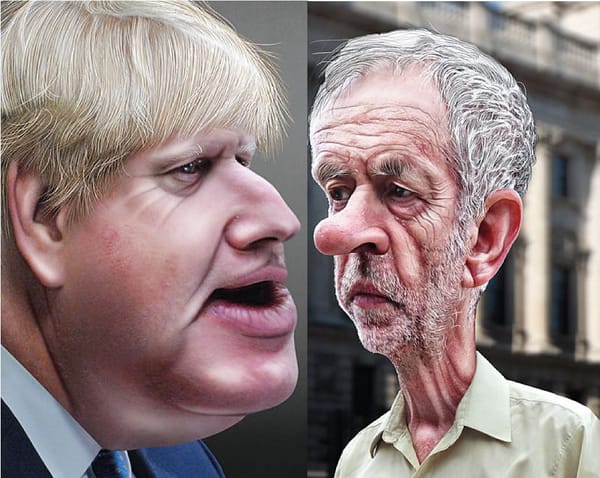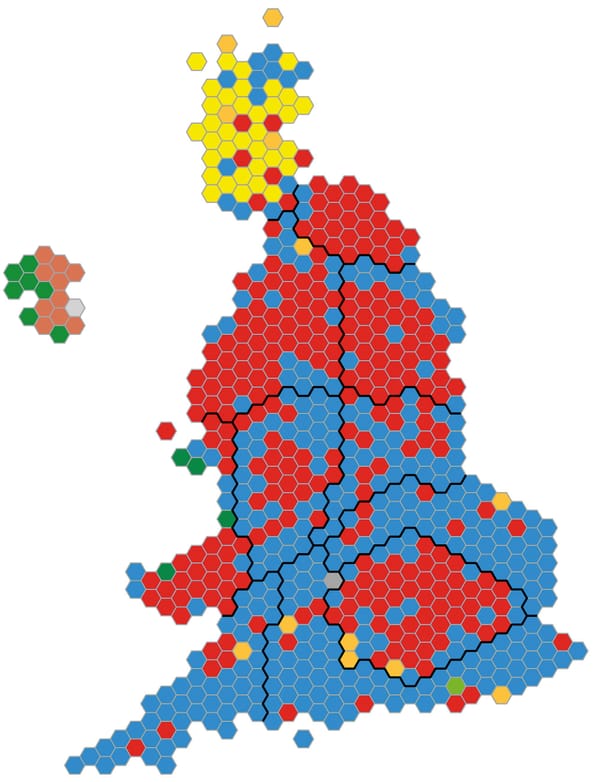The End of a Decade: Italy

The past decade has witnessed a proper political earthquake in Italian politics: what once was is no more. The political framework that has been in place since the nineties has fallen – the abrupt political changes that have occurred are similar to the previous largescale reshaping of the political system. Indeed, three decades ago, the dissolution of the two main parties, the Italian Communist Party (PCI) and the Christian Democracy (DC) was regarded as the end of the First Republic, which was formed after WWII. Nowadays, the recent change in the political system is said to be the fall of the Second Italian Republic, and the birth of the Third one.
Let us review this step-by-step: at the beginning of the decade, Italy was still recovering from the dire economic situation caused by the 2008 financial crisis. Under these circumstances, the President of the Republic asked PM Silvio Berlusconi to resign and asked for the formation of a national unity government, a coalition containing almost all parties, so that the economic crisis could be faced as a cohesive government body rather than a fractured one. In 2011 economist Mario Monti was chosen to take Silvio Berlusconi’s place. His government helped restore creditors’ trust in Italy, but his application of austerity measures following EU directives plus the sluggish reprise of the country’s growth made him a polarising figure, with people either supporting his austerity policies or deeply condemning them. This resulted in a hung Parliament following the 2013 elections. Ultimately, centre-left Democratic Party (PD) formed a government with a group of dissident MPs who had left Berlusconi’s centre-right party.
The most characteristic figure in this period has certainly been PD’s young Secretary Matteo Renzi, who initially had vast popularity, but later lost much of his approval after the result of a Constitutional Referendum proposed by his party. This referendum, which was focused on possibly reforming the legislative branch, took place in 2016 and was a striking defeat for Renzi. In 2018, new elections saw instead the impressive success of two populist parties, the Five Star Movement and the League. The latter is led by Matteo Salvini, who managed to shift many moderate voters of Berlusconi to the more right-wing views of his own party. Both Salvini and the Five Star Movement profited off of Italians’ distrust of institutions, which stems from prolonged economic stagnation, with Italy trailing other European and G7 countries in growth (last year just 0.9% of GDP). These two parties originally wanted to form a coalition, but internal tensions and Salvini’s desire for new elections, given his party’s roaring numbers in recent polls, collapsed the coalition. This paved the way for the current government formed between PD and the Five Star Movement itself.
Whilst uncertainty and volatile coalitions have been a constant in Italian politics, a further change may therefore soon await us: the new majority seems indeed to be as tense and unstable as its predecessors, and the eventuality of elections seems therefore to be more plausible from day to day.






